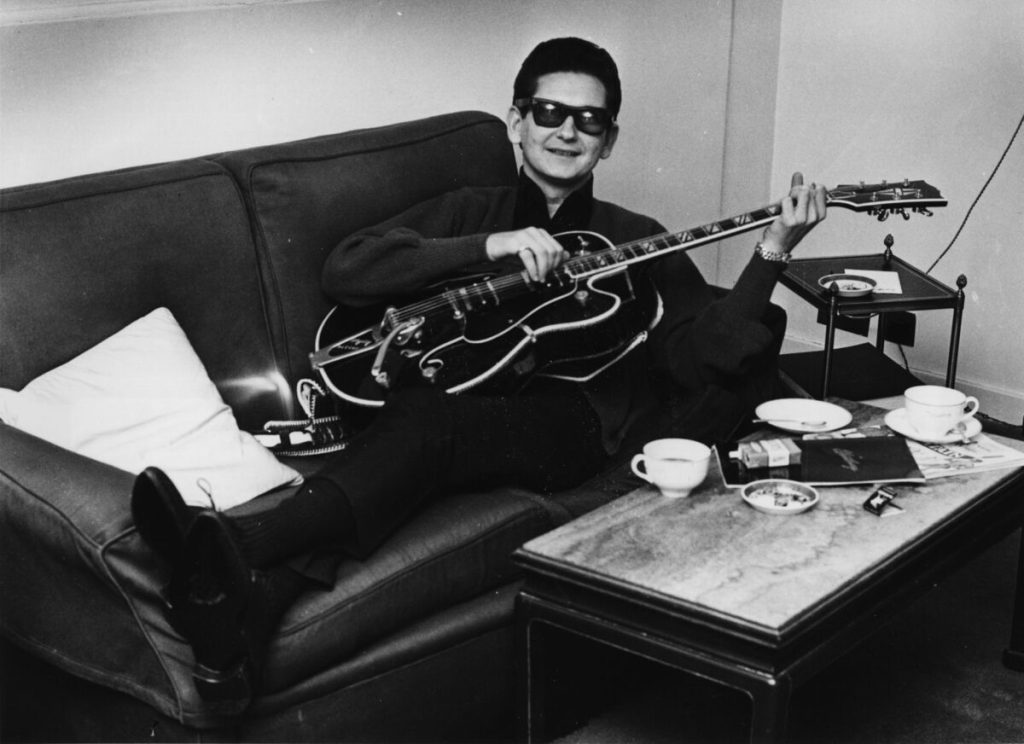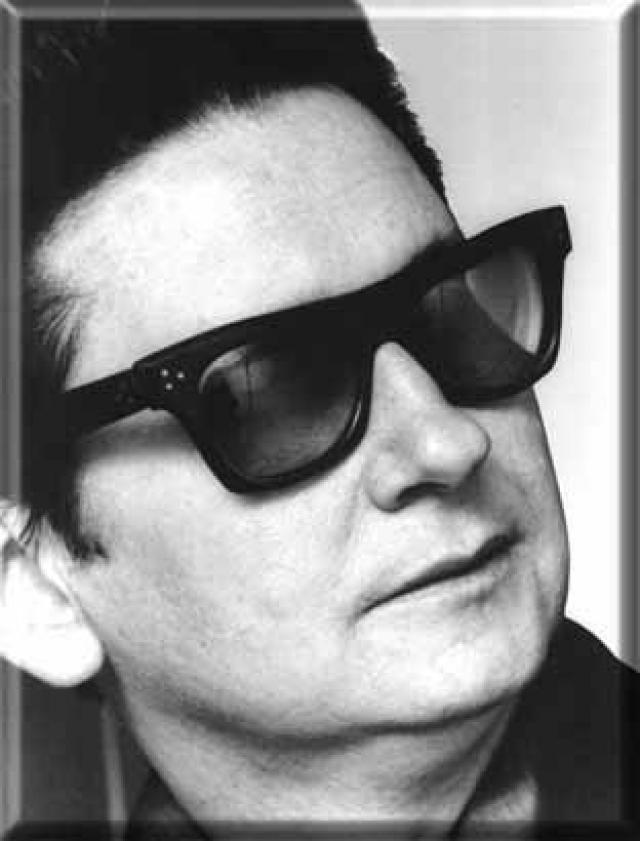
A Nostalgic Ode to Unconditional Love and Longing
In the ever-evolving tapestry of music history, certain songs stand as timeless testaments to the art of songwriting and emotional storytelling. “You Got It” by the legendary Roy Orbison is one such masterpiece. Released in January 1989, this track marked a poignant chapter in Orbison’s illustrious career, etching itself into the hearts of listeners worldwide. As it debuted, “You Got It” soared to impressive heights on the charts, reaching number nine on the Billboard Hot 100 and securing a lasting legacy.
To truly appreciate “You Got It,” one must delve into the story behind its creation. The song was part of Orbison’s posthumously released album, Mystery Girl. Co-written with Tom Petty and Jeff Lynne, both of whom were members of the Traveling Wilburys alongside Orbison, the song captures the essence of collaboration among musical titans. Tragically, Orbison passed away in December 1988, just a month before the single’s release, making its success bittersweet for fans and collaborators alike.
The meaning of “You Got It” resonates deeply with anyone who has experienced love in its purest form. The lyrics speak to a profound commitment and devotion, expressing a willingness to give everything to a loved one. In his signature emotive style, Orbison delivers each line with an authenticity that only he could muster. The simplicity of its message—of unwavering support and affection—speaks volumes, making it relatable across generations.
Musically, “You Got It” is an exquisite blend of Orbison’s classic sound and modern pop influences of the late ’80s. Its upbeat tempo and catchy melody are underscored by Lynne’s production brilliance, creating a lush soundscape that complements Orbison’s powerful vocals. This fusion of old and new elements not only appealed to longtime fans but also introduced Orbison’s genius to a younger audience.
The song’s impact was further amplified by its presence in various media over the years. It found its way into films and commercials, continually reminding audiences of its enduring appeal. For those who lived through its initial release, “You Got It” evokes memories of a bygone era—a time when music had the power to unite people through shared experiences and emotions.
For older listeners, hearing “You Got It” today can be a deeply nostalgic experience. It harks back to moments spent listening to the radio or playing records on a turntable—a reminder of simpler times when music served as both an escape and a connection to others. The song encapsulates not just personal memories but also a collective cultural memory that binds people together.
Reflecting on Roy Orbison’s legacy, it’s clear that his work transcended mere entertainment; it became part of the fabric of people’s lives. His unique voice—a blend of operatic grandeur and rock ‘n’ roll edge—imbued his songs with an unparalleled emotional depth. With “You Got It,” Orbison reaffirmed his status as an icon whose influence would continue to ripple through music history long after his passing.
In conclusion, “You Got It” is more than just a song; it’s a testament to Roy Orbison’s enduring artistry and his ability to capture the human experience in all its complexity. For those who remember its release, it remains a cherished piece of their life’s soundtrack—a reminder that true love is timeless and that music has the power to preserve our most cherished memories.
